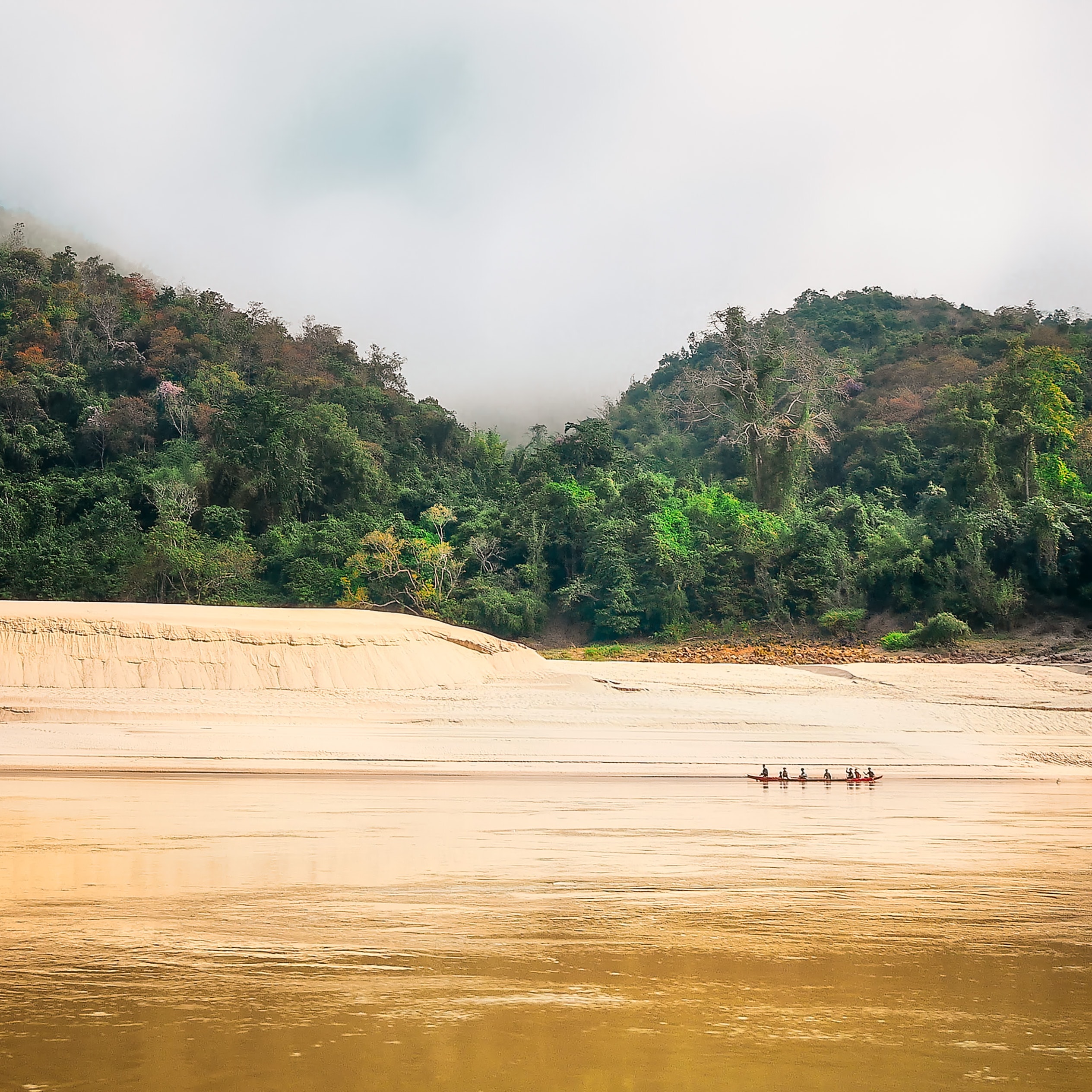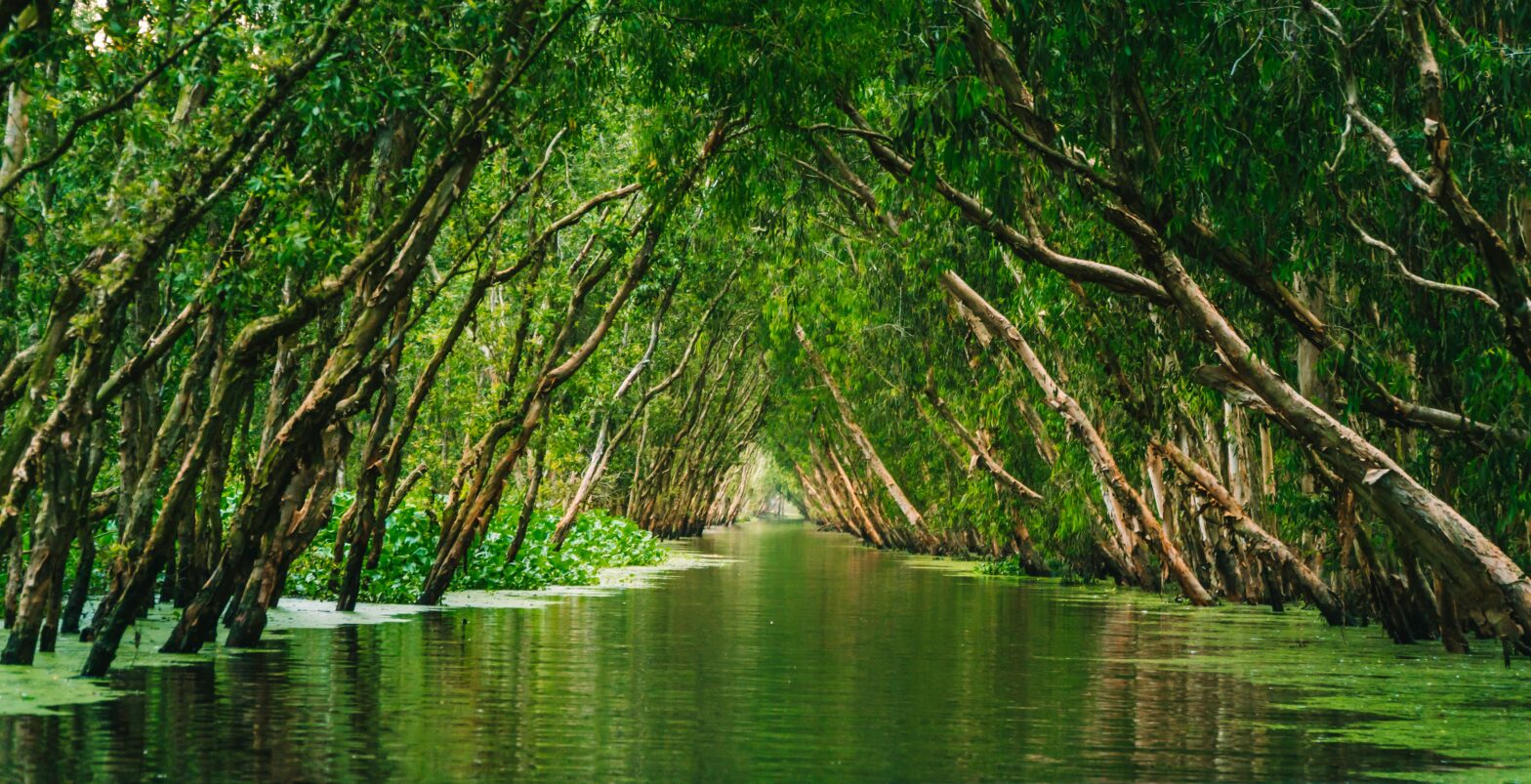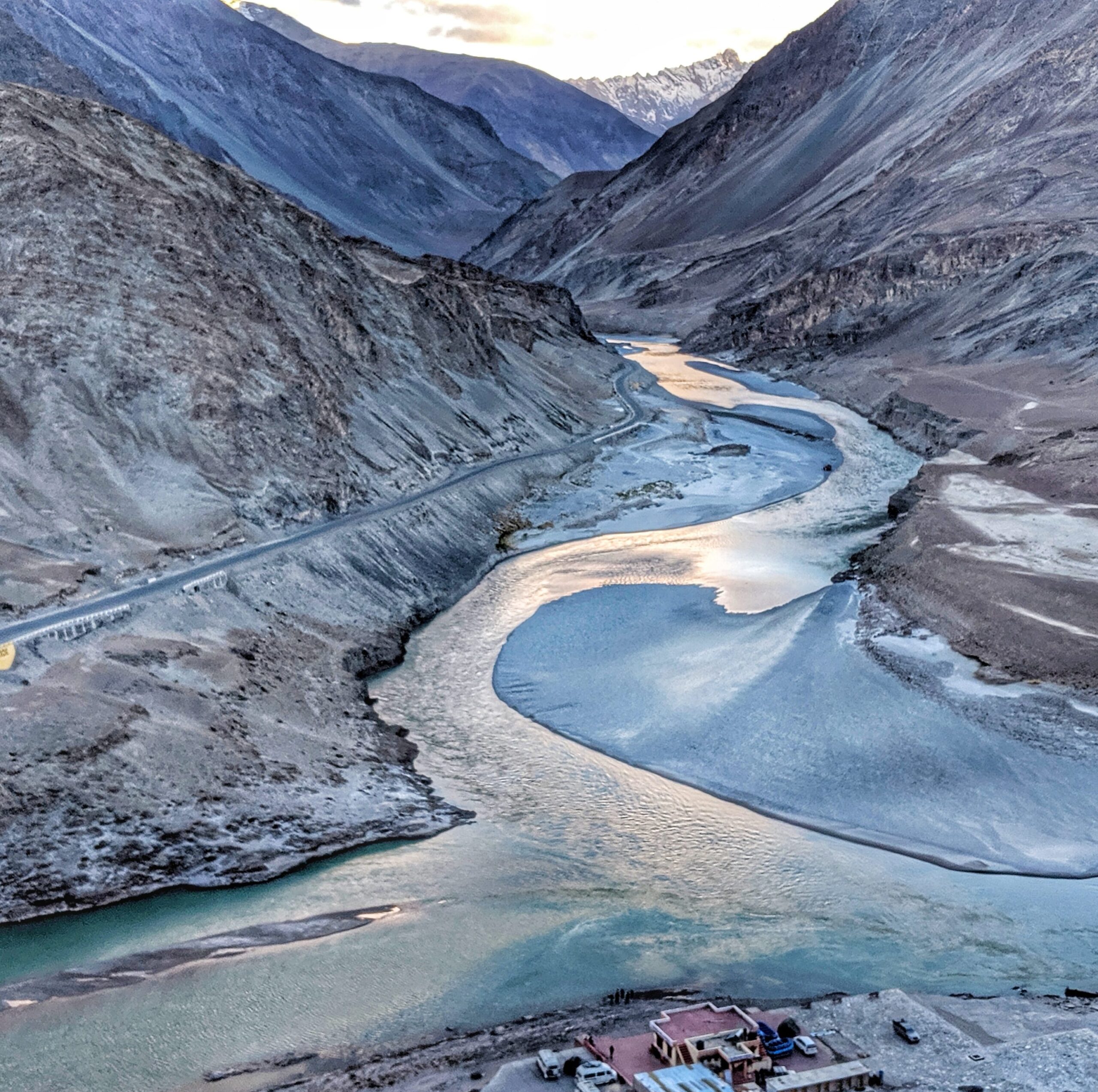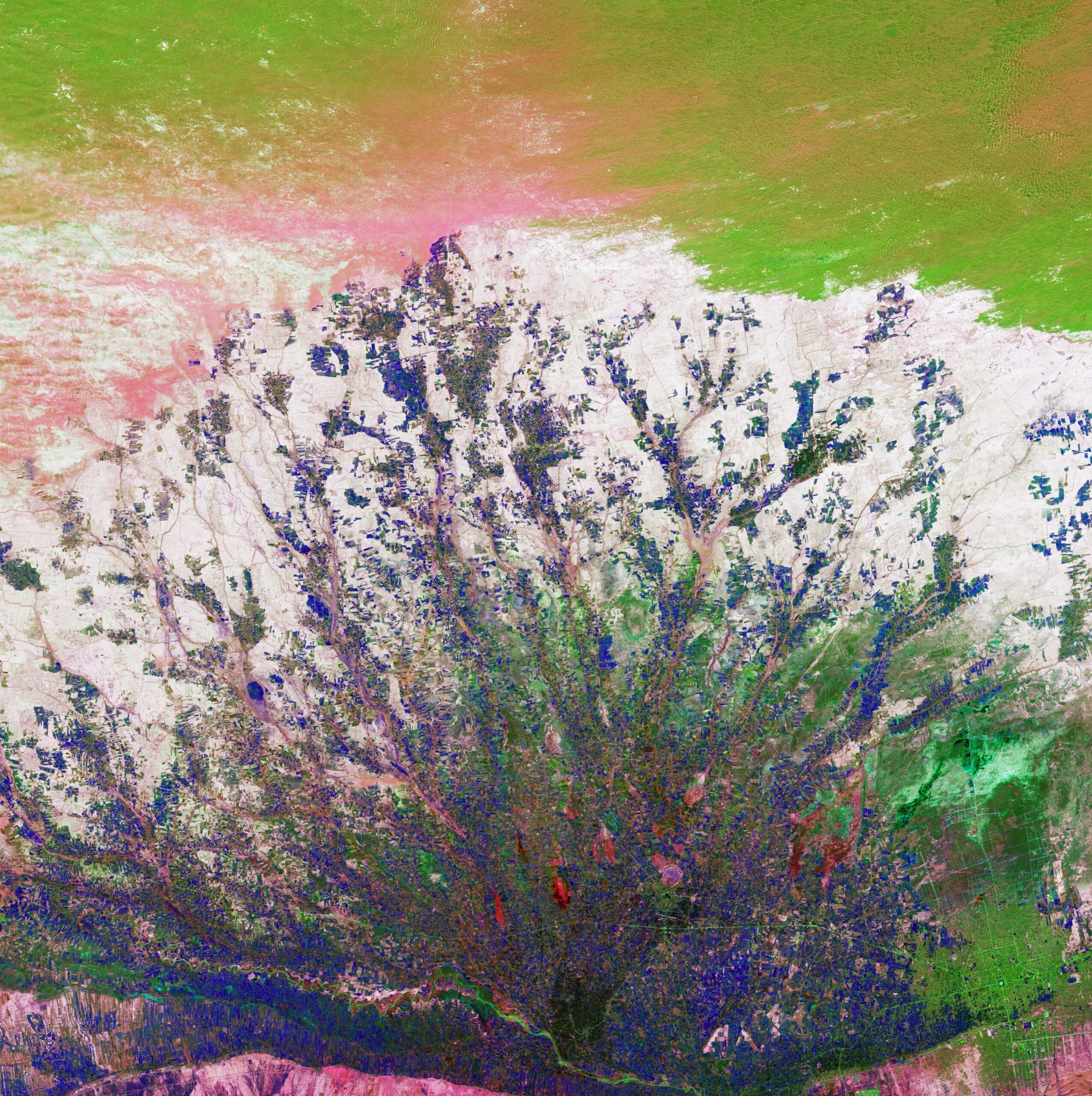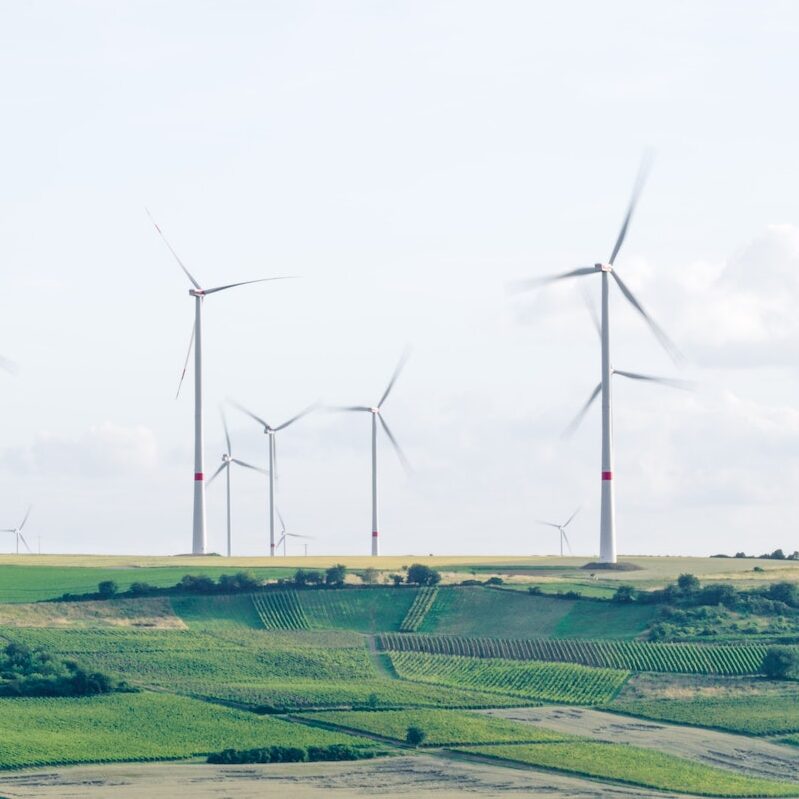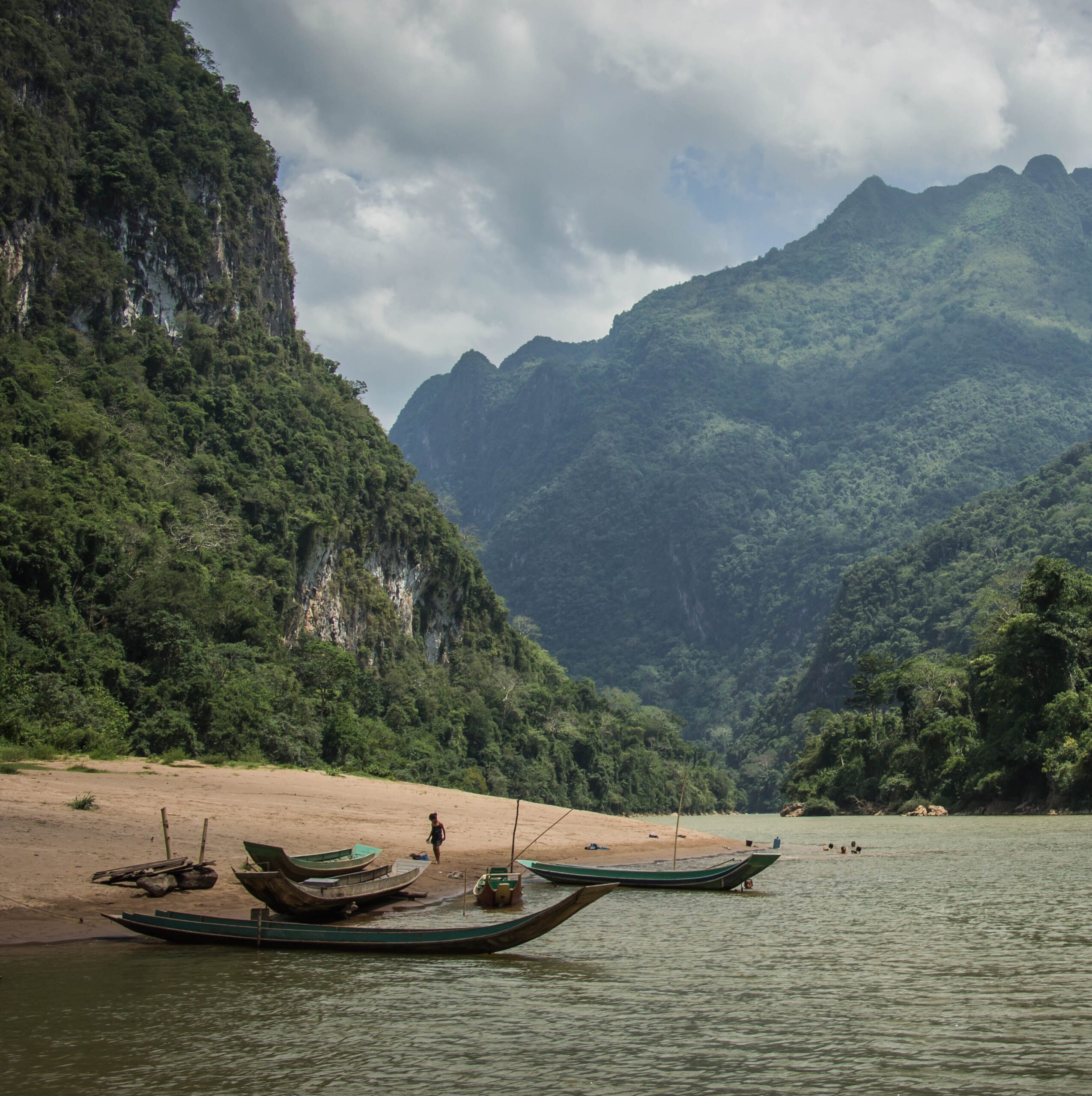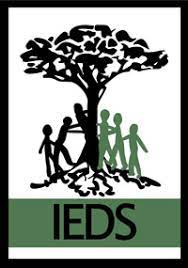
Ecological resources shared across political boundaries can be a powerful avenue for peace-building.
The power of environmental diplomacy creates a holistic positive feedback effect which can combat political (Track-1) inertia in conflict zones. Our theory of change is that science diplomacy (Track-2) and public diplomacy (Track-3) can leverage change around the dominant discourse within conflict-ridden social ecological systems. We work with stakeholders to leverage artificial intelligence and open source geospatial technologies to bring about environmental security across food, energy, water, climate and public health domains. IEDS operates within a framework of six broad themes that captures its mission and vision:
Research Themes
Featured Projects
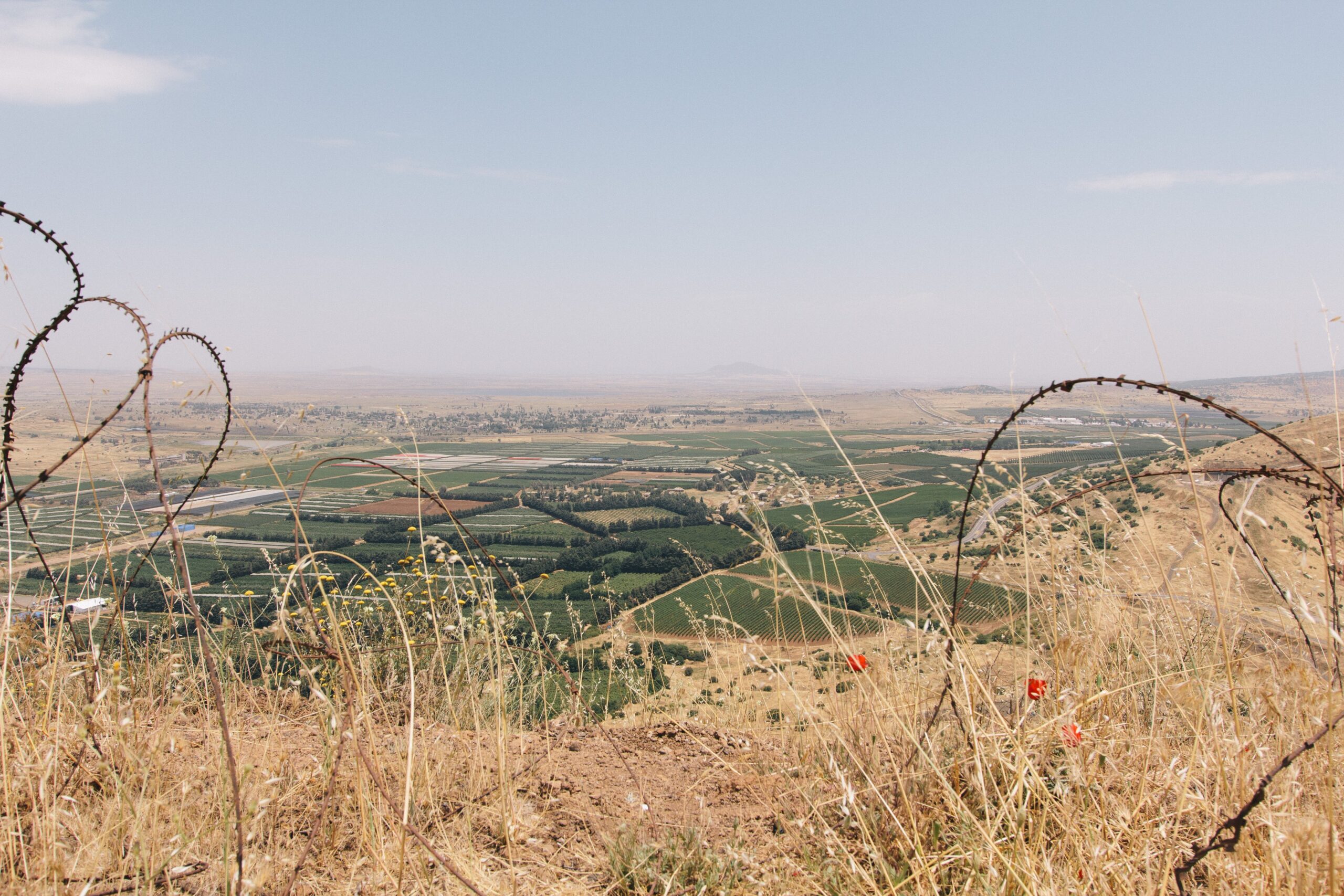
Transboundary Water In-Cooperation Network
Transboundary Water In-Cooperation Network (TWIN) is a network of grassroots organizations, academic & scientific institutions, and individuals sharing a vision of clean water for all. Our mission is to strengthen and mobilize existing organizational networks that work locally, nationally and globally towards ‘equitable and reasonable’ sharing water resources across borders.

Basin Resilience to Extreme Events
Vermont EPSCoR was awarded a Research Infrastructure Improvement (RII) Track-1, $20M award on June 1, 2016 for research on Lake Champlain Basin Resilience to Extreme Events (BREE).

Cooperative Institute for Research to Operations in Hydrology (CIROH)
CIROH, a partnership between NOAA and the University of Alabama, is a national consortium committed to advancing water prediction – the forecasting of streamflow entering water systems, extreme events such as floods and droughts, and water quality – and building community resilience to water-related challenges. CIROH scientists work to improve the understanding of hydrologic processes, operational hydrologic forecasting techniques and workflows, community water modeling, translation of forecasts to actionable products, and use of water predictions in decision making.
The University of Vermont, led by the Water Resources Institute (WRI), is one of the lead partners in CIROH. UVM faculty, postdocs, and students from a variety of disciplines advance important watershed modeling and related research under the CIROH program.
Videos
Transboundary Water In-Cooperation Network
Building Resilience of Communities from Highlands to Oceans in the Face of Climate Crisis: COP 26 UNFCCC Official Side Event
Road to Geneva: First Part
Road to Geneva: Third Part Polycentric Governance and Solutions
COP 26 China Corporate Pavilion: Securing Clean Water in Transboundary Indus, Jordan, Mekong and Amazon basins through Science and Environmental Diplomacy
Building Resilience of Communities from Highlands to Oceans in the Face of Climate Crisis II: COP 26 UNFCCC Official Side Event
Road to Geneva: Second Part on Opportunities and Challenges for Science Diplomacy
Clive Lipchin Presentation: Solutions for off grid food-energy-water in a transboundary context
Events
Past:
First DeltasUNite Conference 17-20 March 2025 at the Asian Institute of Technology, Thailand
American Geophysical Union Presentation: Anticipatory Ecosystem Management of Regime Shifts in Social Ecological Systems: Navigating Trade-Offs in Public Investments Across Farms, Forests and Cities
American Geophysical Union Presentation:
Accounting for Lags, Inertia and Cross Scale Dynamics in Sustaining Freshwater Lakes
News
IEDS Research Scholar Richmond Baye and Director, Asim Zia speaking to WCAX about UVM award to study animal biosecurity
Interviewed for WCAX article, Asim Zia discusses water quality monitoring, citizen science with local Abenaki community members and climate change in the transboundary Lake Champlain
IEDS Director Asim Zia has been elected to be the Asia & Pacific Regional Director of the Environmental Peacebuilding Association (EnPAx)
Contact Us
Institute for Environmental Diplomacy and Security
University of Vermont
146 University Place, Burlington, VT 05405, USA
Email: ieds@uvm.edu
